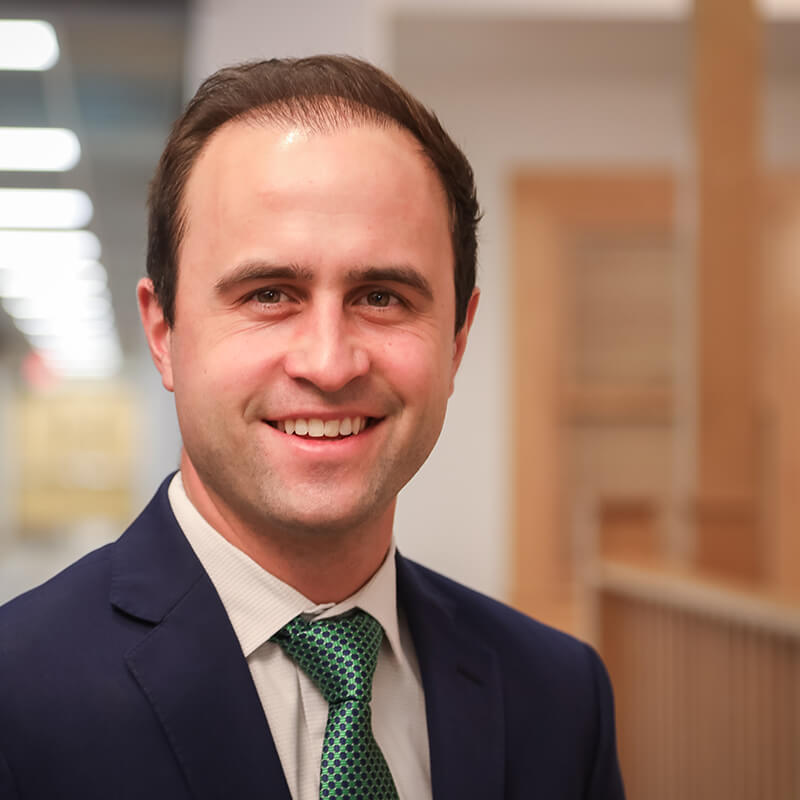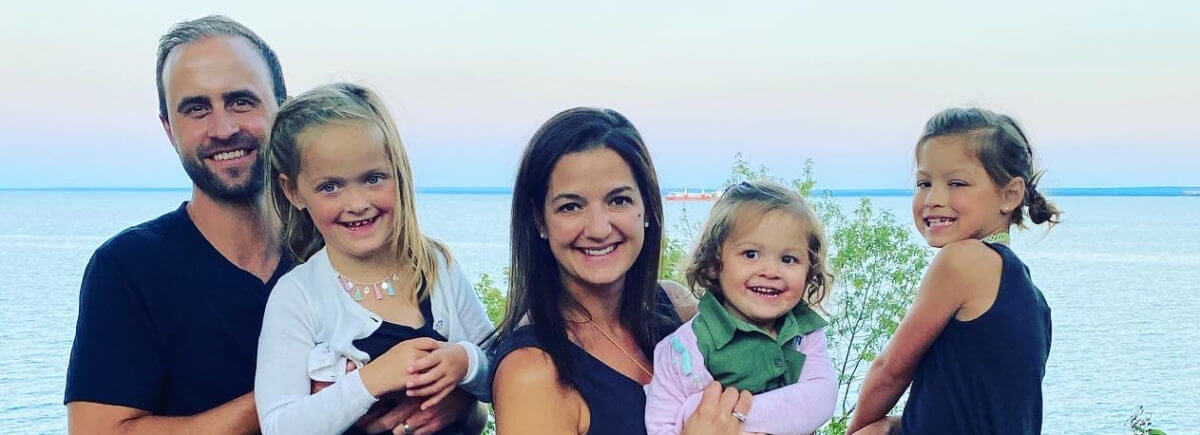March 11, 2021
Bryan Bauck: All About Community Connections
Bryan Bauck was recently named Executive Director of the Rural Health Western Region.
During a recent vaccine clinic in Melrose, Bryan Bauck checked-in to see how the operation was moving along. “I love rounding on vaccine days because everyone is excited to get the vaccine,” said Bauck. But it was more than just getting vaccinated that had people feeling good. He noticed that everyone there was equally excited to see their friends and neighbors again. “The 15 minutes we require people to wait after they get their shot was their favorite part, because it was an opportunity to catch up with people they had not seen in a long time. We probably had 300 people attend and I bet everybody knew each other in some way, shape or form. If we would have provided coffee, they might still be there!”


For Bauck, those connections within each community are what rural health is all about. The past few years, he has experienced it firsthand, serving as co-administrator at CentraCare-Monticello, then administrator for CentraCare-Melrose. Now, he is the newly named Executive Director, Rural Health-Western Region, which includes Long Prairie, Melrose and Sauk Centre. “The needs of each community are unique. Monticello is completely different from Melrose and Long Prairie, and it’s our job to make sure we serve these communities the best we can.”
We can’t be the Wal-Mart of healthcare. Yes, we know we have to do healthcare differently, but we also need that community feel.
Balancing operational efficiency with the need for community connection is a challenge Bauck is looking forward to tackling. “We can’t be the Wal-Mart of healthcare,” he said. “Yes, we know we have to do healthcare differently, but we also need that community feel. If we lose that, we won’t be an exceptional healthcare leader.”
In some cases, even opportunities have unique challenges. Case in point: digital transformation. The population in rural communities across Minnesota is aging and they have different needs and healthcare preferences. “Our patients in Long Prairie, Sauk Centre and Melrose are different from millennials living in downtown Minneapolis,” said Bauck. “Not everyone wants to hop on a telehealth visit. But it’s our job to find that bridge between what people need and where the future is going. Care close to home can be accomplished, but it will likely look a little different, which is exciting.”

But the biggest opportunity as Bauck sees it is the investment being made in rural healthcare. “CentraCare is giving rural healthcare a chance like never before,” he said. “We’re committed to making sure our rural services feel connected. As a leader, this is exciting because we’re passionate about making it happen.”

